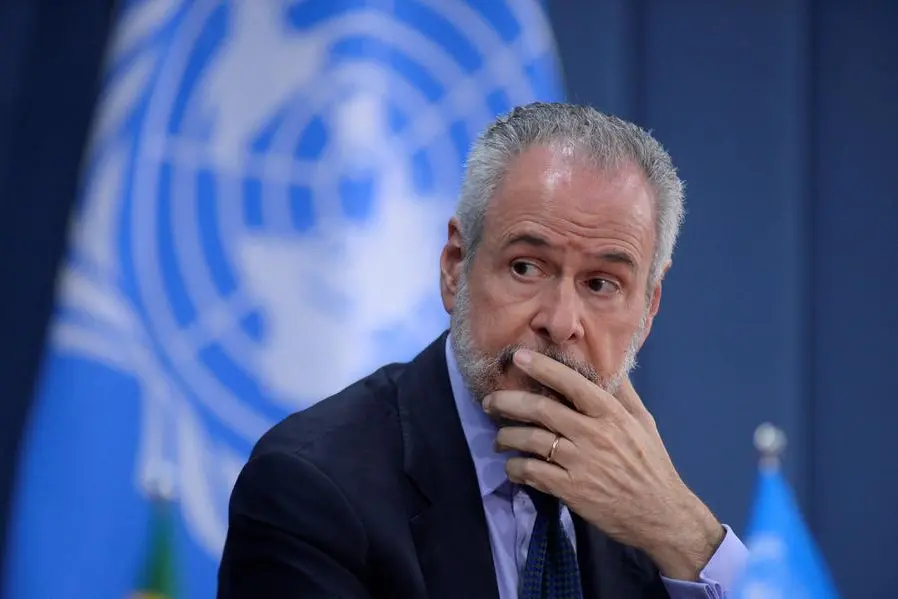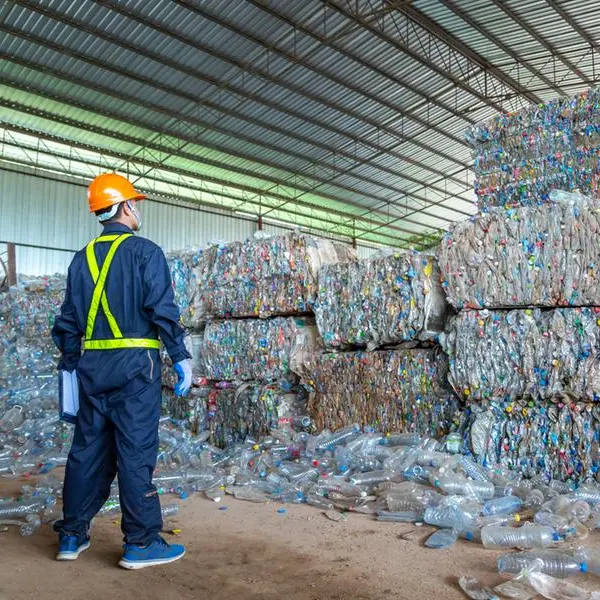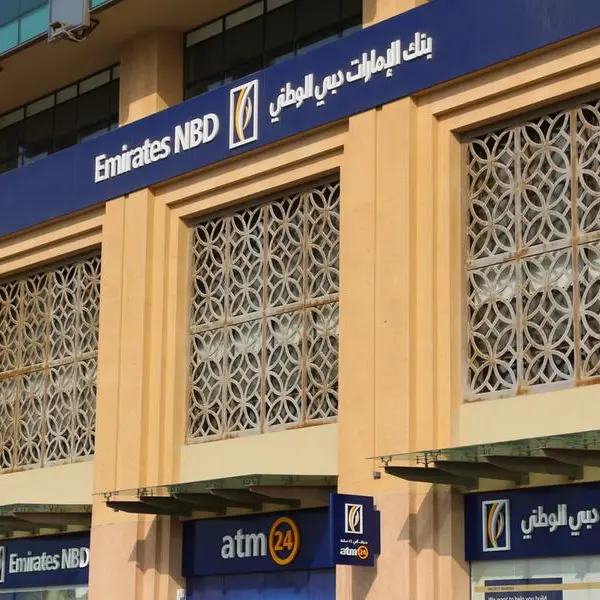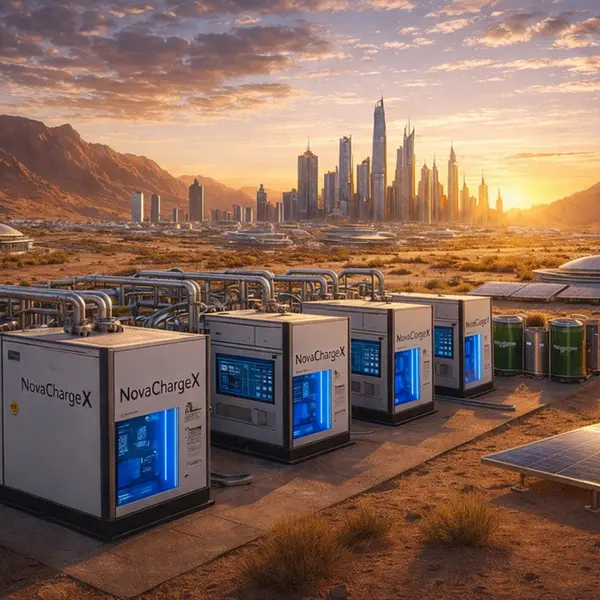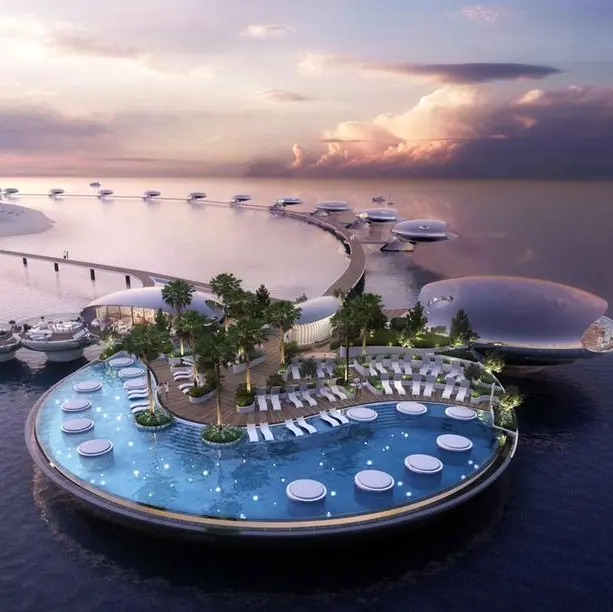PHOTO
ABU DHABI - The alliance between the United Arab Emirates, Azerbaijan, and Brazil— the COP28 president and successors— has been a success, strengthening global climate cooperation, said Ambassador André Corrêa do Lago, according to Agência Brasil.
Speaking at an informal meeting of the United Nations General Assembly in New York on Wednesday, the COP30 President-Designate highlighted the first edition of the Global Stocktake—delivered during COP28—as one of the key achievements. The mechanism is designed to assess progress towards long-term climate goals.
“The GST is our guide for the 1.5ºC mission, in our collective project to implement the vision of the [Climate] Convention and the Paris Agreement—the vision of strengthening the global response to the threat of climate change. All of this always in the context of sustainable development and efforts to eradicate poverty,” he stressed.
Corrêa do Lago stated that strengthening multilateralism instruments is the path to reversing dangerous human interference with the planet.
“The choice of the General Assembly as my first official trip outside Brazil is no coincidence but a clear signal that the defence of multilateralism will be at the core of the Brazilian presidency of this COP. Respect for science would be another pillar of our presidency,” he noted.
The COP30 President-Designate also declared that the summit, in November, to be held in the Amazonian city of Belém, in the state of Pará, should mark a decisive transition from the negotiation phase to effective efforts in action and implementation.
“The task ahead of us is to strengthen climate governance and provide agility, preparedness and foresight in both decision-making and implementation,” he said.
According to Corrêa do Lago, Brazil expects COP30 to provide a decisive boost in three dimensions: protecting and expanding the institutional legacy of the Climate Convention; connecting negotiations and political decisions to real life; and accelerating the implementation of the Paris Agreement through structural solutions and initiatives that extend beyond multilateral climate action, including global governance and financial architecture.
For the COP30 President-Designate, this includes the delivery of Nationally Determined Contributions (NDCs), which had their deadline extended after a low submission rate by the original cut-off in February.
“National leaders must honour their determination to pursue efforts to limit temperature rise to 1.5 degrees. Human lives depend on it. Future jobs depend on it. Healthy environments depend on it,” he said.
